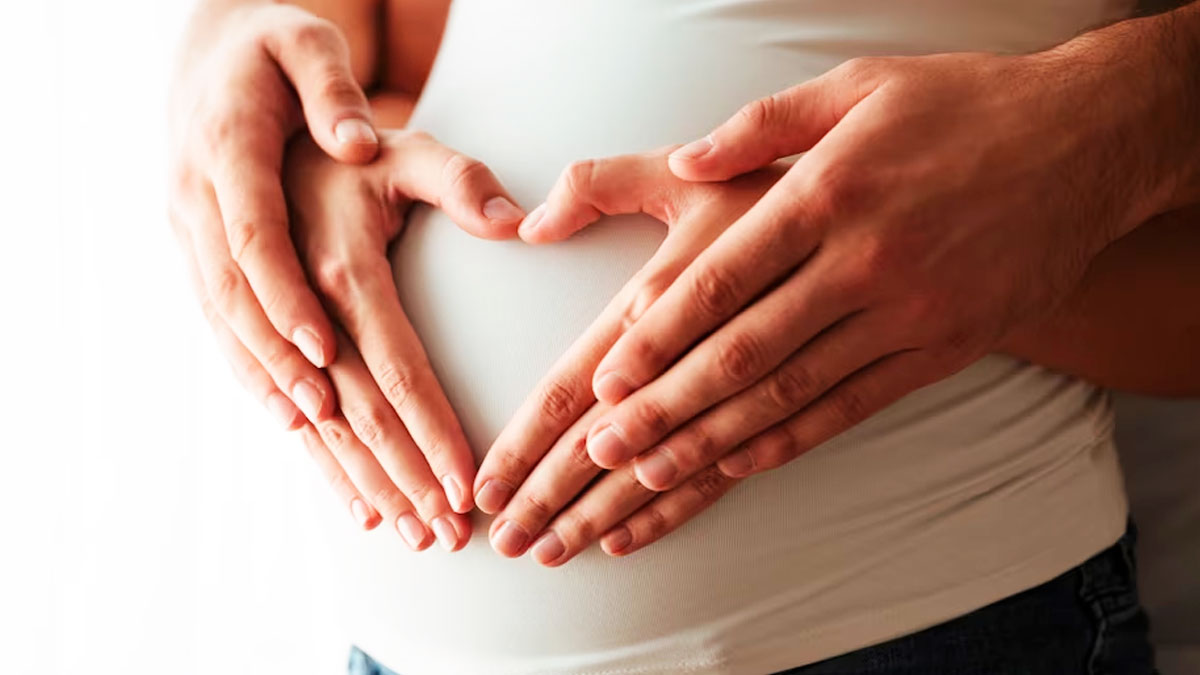
Pregnancy, a transformative journey which is filled with excitement, anticipation, and a multitude of changes. As an expectant mother, it becomes important to stay informed about your health and the well-being of your baby. Understanding the medical terminology used during prenatal care and discussions with healthcare professionals can empower you to make informed decisions. In this article, we will highlight some key medical terms that every woman should be familiar with during pregnancy.
Table of Content:-
Prenatal Care
Prenatal care refers to the medical care and support provided to a woman during her pregnancy. Regular prenatal visits are crucial for monitoring the health of both the mother and the developing baby, ensuring a healthy pregnancy and reducing potential risks.
Gestational Age
Gestational age refers to the number of weeks that have passed since the first day of a woman's last menstrual period. It is used to track the development of the baby and is vital for determining milestones, due dates, and appropriate medical interventions.
Ultrasound
Ultrasound is a diagnostic imaging technique that uses high-frequency sound waves to create images of the developing foetus. It is commonly performed during prenatal visits to assess the baby's growth, identify potential abnormalities, and determine the baby's sex if desired.

Also read: Expert Talks About Complications In Pregnancy Due To PCOD
Amniocentesis
Amniocentesis is a prenatal diagnostic test that involves the extraction of a small amount of amniotic fluid from the uterus. As per Dr Vigyan Mishra, Chief of Lab, Neuberg Diagnostics, amniocentesis is typically performed between the 15th and 20th week of pregnancy to screen for genetic disorders and chromosomal abnormalities. However, it carries a small risk of complications, so it is usually recommended for women at higher risk.
Foetal Movement Counting (Kick Counting)
Foetal movement counting, also known as kick counting, is a method used by expectant mothers to monitor their baby's movements. Keeping track of the baby's kicks and movements helps ensure that the baby is active and healthy. Healthcare providers often recommend a specific number of movements within a certain time frame for expectant mothers to observe.
Gestational Diabetes
“Gestational diabetes is a form of diabetes that develops during pregnancy. It is characterised by high blood sugar levels and can pose risks to both the mother and the baby”, says Dr Jay Chordia, Consultant, Endocrinology, Paras JK Hospital, Udaipur.
Proper monitoring, a healthy diet, regular exercise, and sometimes medication are key to managing gestational diabetes.
Pre-Eclampsia
Pre-eclampsia is a pregnancy complication characterised by high blood pressure and damage to organs, typically the liver and kidneys. It usually occurs after the 20th week of pregnancy and requires close monitoring, as it can lead to serious complications if left untreated.
Braxton Hicks Contractions
Braxton Hicks contractions, also known as practice contractions, are irregular contractions of the uterus that can occur throughout pregnancy. They are typically painless and serve as a preparation for labour. If they become regular, intense, or accompanied by other symptoms, it may be a sign of preterm labour and should be reported to your doctor.
Also read: Tips To Manage High Blood Pressure During Pregnancy
Postpartum Depression (PPD)
Postpartum depression is a form of depression that affects some women after childbirth.
According to Dr. Chandni Tugnait M.D.(Alternative Medicines), Psychotherapist, Life Coach, Founder & Director - Gateway of Healing, women suffering with PPD may experience feelings of hopelessness, overwhelm, anxiety, exhaustion, sadness, or rage. They may have difficulty sleeping, eating, or caring for themselves. Early recognition and seeking support are essential for managing postpartum depression.
Also watch this video
How we keep this article up to date:
We work with experts and keep a close eye on the latest in health and wellness. Whenever there is a new research or helpful information, we update our articles with accurate and useful advice.
Current Version